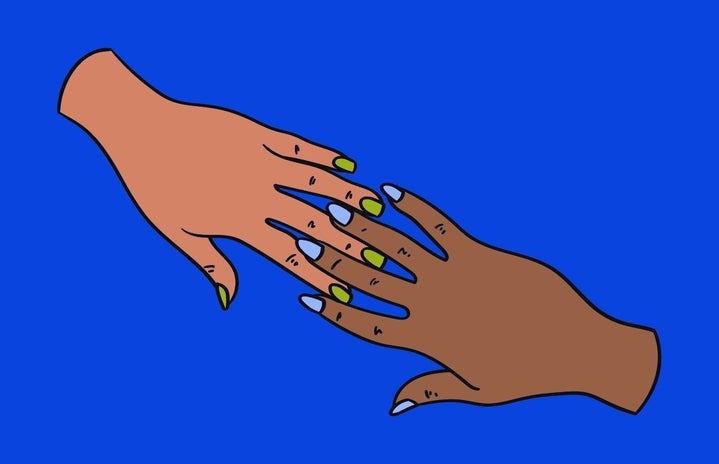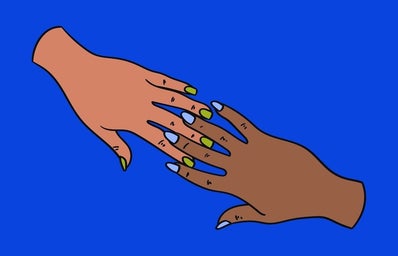It really is a unique feeling to see yourself in a character, especially if you admire them. Sure, it’s possible to relate to personality traits or life events but to actually see someone who looks like you is a completely different experience. It’s very clear that we need BIPOC focused narratives and celebrations of our rich and diverse cultures. But right now I want to remind us of the need to place these same characters where white characters would typically be. These spaces are only white because that’s most of the content we make. Our society deems BIPOC individuals as disadvantaged but we are not inherently so.
Why haven’t we seen the Cher Horowitz, Regina George or Elle Woods narrative with a young black woman? Because it’s not realistic? Neither is a first year law student questioning someone in court, but that movie was still written. There is a reason why we make these instant associations. These characters and their appearances are symbols that make so much sense in our minds. We are always profiling and this spills over into our everyday lives. A lot of black, male youths strive to become rappers and professional athletes instead of doctors and lawyers, and this is partly due to most of their representation in mainstream media.
There are so many tragedy-focused films about people of colour. White-written films about slaves, broken families, stolen sisters. These horrible facts are important, but why can’t we see an Indigenous hero succeed? Why must all Latinx characters be reduced to tired stereotypes?
In North America, most people of colour are from low income households. These kids don’t see themselves in the on screen characters who are diversely talented and successful because most of those characters are white. They need on screen role models. Parents and guardians often have to work more hours at a minimum wage job, which means less time to provide quality guidance. We need to demand production creators to look out for these kids too. We also need to hold them accountable for the absence of BIPOC storytellers. Let us write our own stories.
Content creators need to second guess every decision they make about who they’re putting on screen. Sometimes a character that is imagined white should simply not be. This does not challenge the authenticity of the character’s creation. We need to think critically about why they were imagined as white in the first place and reevaluate any relevance to the story. If there is none, change it. As an audience, we need to demand more from the larger media companies.
By pointing out these oppressive structures that perpetuate inequality we are not dividing humanity, we are dismantling unjust systems to ensure a more united future. We need to be making movies about how the world could be, instead of reinforcing how it is.



